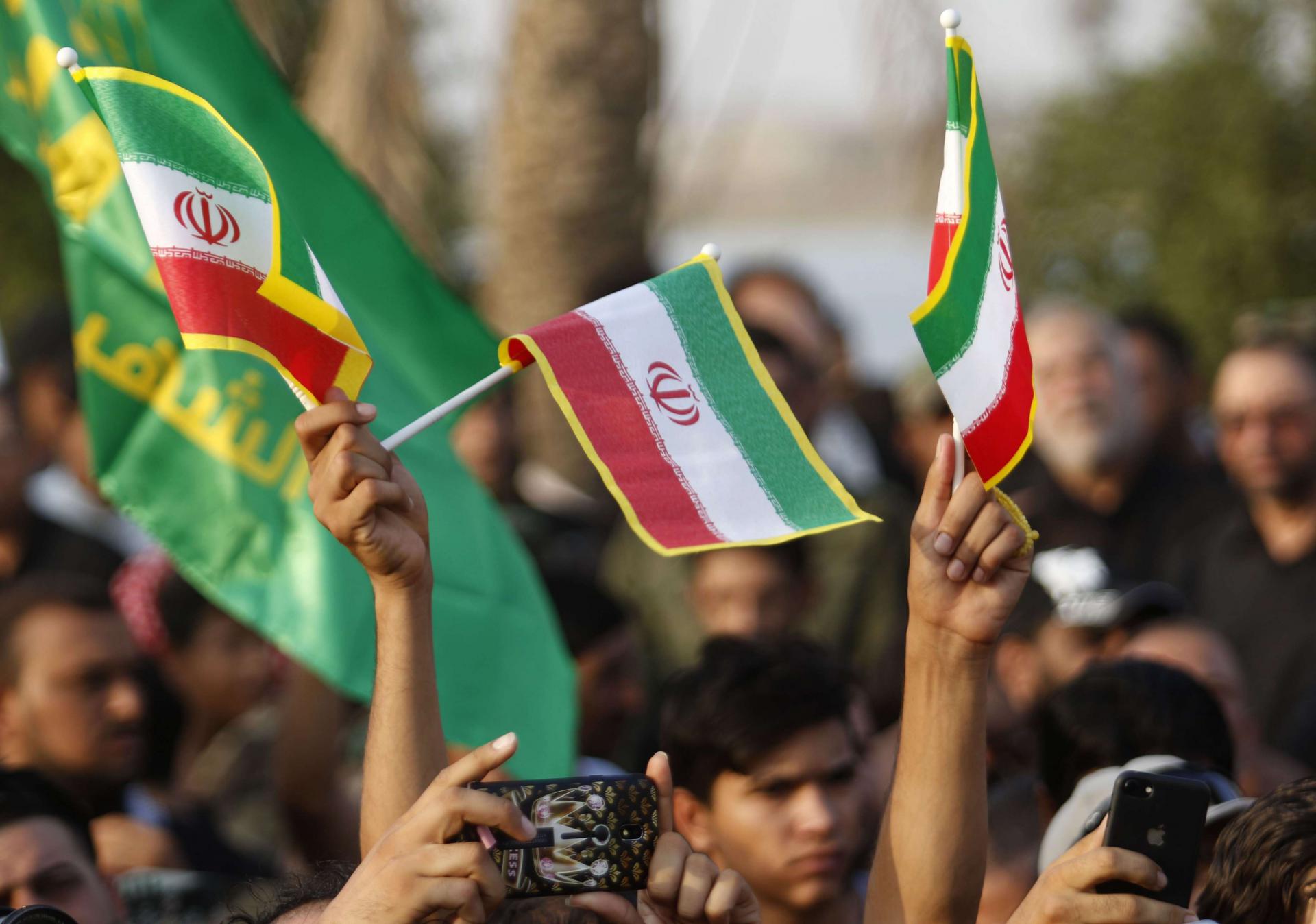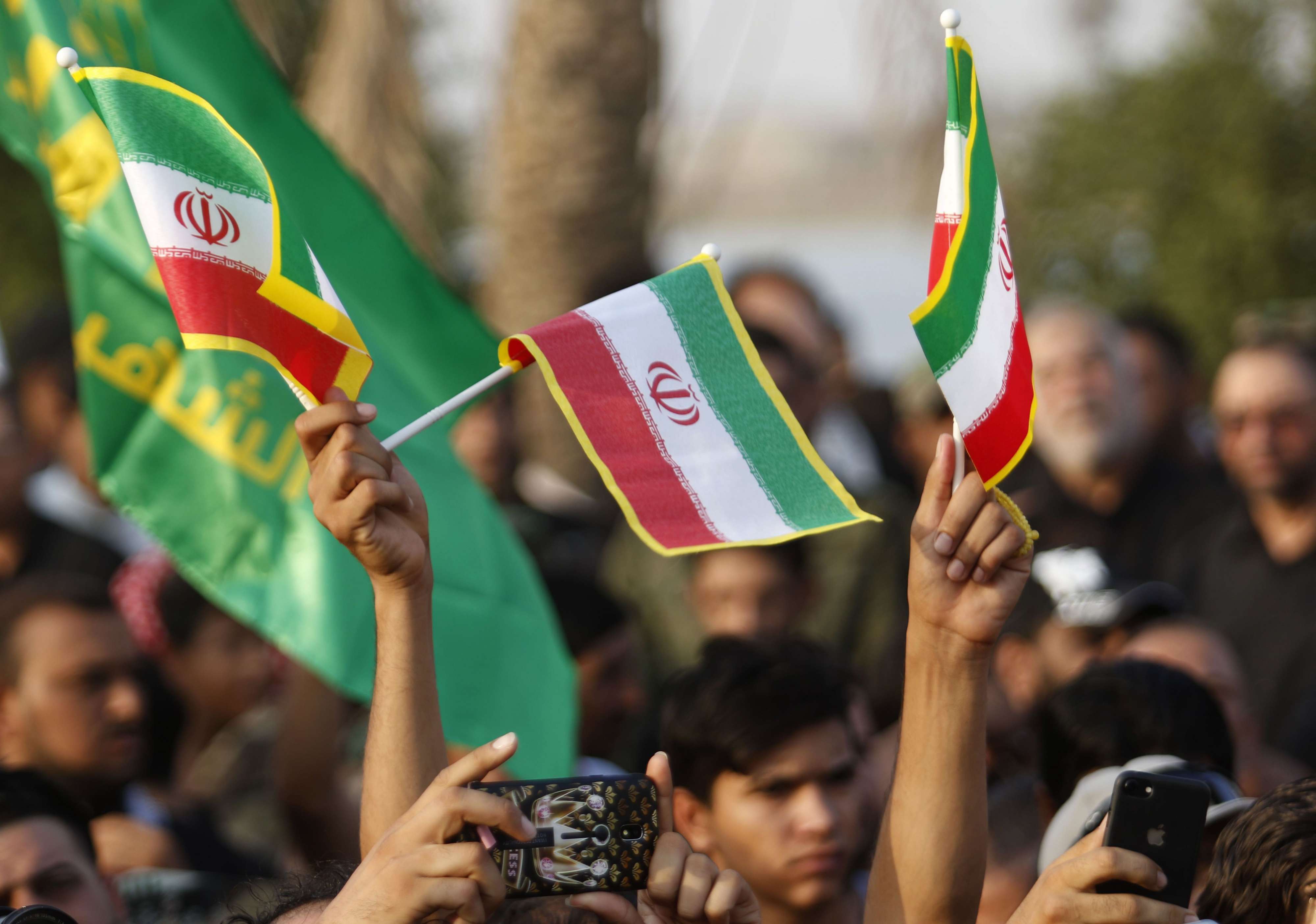US closes Basra consulate following threats from Iran
NEW YORK - Iraq's foreign ministry voiced "regret" on Saturday over a US decision to shut its consulate in the southern city of Basra which has been rocked by weeks of deadly protests.
"The ministry regrets the American decision to pull its staff out of Basra," a statement said.
The United States announced on Friday it will effectively close its consulate in the Iraqi city of Basra and relocate diplomatic personnel assigned there following increasing threats from Iran and Iran-backed militia, including rocket fire.
The US State Department also sent out a renewed advisory urging Americans not to travel to Iraq.
The decision adds to mounting tension between the United States and Iran, which is the target of increasing US economic sanctions.
US Secretary of State Mike Pompeo, as he explained the move, renewed a warning that the United States would hold Iran directly responsible for any attacks on Americans and US diplomatic facilities.
It followed recent rocket attacks that Pompeo said were directed at the consulate in Basra. US officials said the rockets, however, had not impacted the consulate, which is located on the Basra airport compound.
"I have advised the government of Iran that the United States will hold Iran directly responsible for any harm to Americans or to our diplomatic facilities in Iraq or elsewhere and whether perpetrated by Iranian forces directly or by associated proxy militias," he said in a statement while in New York to attend the UN General Assembly.
"I have made clear that Iran should understand that the United States will respond promptly and appropriately to any such attacks," Pompeo said.
Pompeo did not explicitly say whether a US response was imminent, however, and other US officials did not disclose potential response options.
Still, Pompeo said the threats against US personnel and facilities in Iraq were "increasing and specific" and added that Washington was working with Iraqi forces and US allies to address them.
"We look to all international parties interested in peace and stability in Iraq and the region to reinforce our message to Iran regarding the unacceptability of their behavior," he said.
'Chaos, death and destruction'
In a statement, the State Department said the consulate was placed on "ordered departure," which technically involves a drawdown in staff. Although some personnel could remain on the diplomatic compound, the move is believed to effectively close the consulate, at least temporarily.
The decision came days after US President Donald Trump and Iranian President Hassan Rouhani exchanged taunts at the United Nations General Assembly, with Trump vowing more sanctions and accusing Iran's leaders of sowing "chaos, death and destruction."
Trump's national security adviser, John Bolton, speaking at a nearby event in New York on Tuesday, warned "there will indeed be hell to pay" if Iran crosses the United States, its allies or harms US citizens.
In May, Trump withdrew the United States from an international deal to put curbs on Iran's nuclear program in exchange for easing sanctions.
France, Britain, Germany, China and Russia have stayed in the pact, vowing to save it despite the restoration of US sanctions. The rial has lost 40 percent of its value against the US dollar since April.
Iran has blamed US sanctions for the currency's fall, saying the measures amount to a "political, psychological and economic" war on Tehran, and accused the United States and Israel of involvement in a deadly attack at a military parade in southwestern Iran this month.
Speaking at the General Assembly, Iranian President Hassan Rouhani also dismissed the US criticism of involvement in its neighbor, questioning why Washington itself was involved in a country so far away.
Ruled by Shiite clerics, Iran has a strong influence in Iraq, especially in the country's Shiite-majority south.
Basra has already been rocked by violent protests seen by experts as a rejection of the Iraqi political establishment that has held on to power -- with the support of the United States and Iran -- despite failing to improve people's lives there.
Protesters in Basra ransacked and torched Iraqi government buildings this month and the Iranian consulate was set alight by demonstrators shouting condemnation of what many see as Iran's sway over Iraq's affairs.
Earlier this month three mortar rounds also hit the fortified Green Zone area in Baghdad, home to the US embassy, without causing injuries and with the perpetrators unclear.
Diplomatic security is a key priority for the United States and Pompeo, who as a congressman went on the offensive against former secretary of state Hillary Clinton over a deadly attack on the US consulate in the eastern Libyan city of Benghazi.



